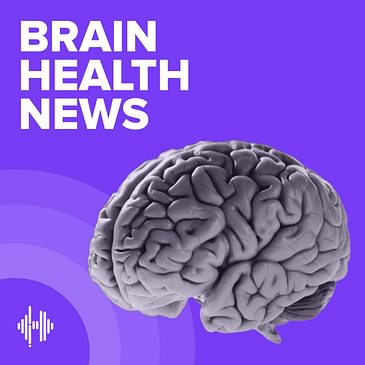George Vradenburg, the Founding Chairman of the Davos Alzheimer's Collaborative, sits down with Olivier Schwab, the Managing Director of the World Economic Forum. They discuss the role of digital innovation, the impact of AI on society and health, and the importance of rebuilding trust.
They also delve into the critical need for global collaboration in addressing chronic diseases of aging, particularly Alzheimer's, and the role of the Davos Alzheimer's Collaborative in shaping the future of brain health.
This episode was recorded at the World Economic Forum Annual Meeting in Davos Switzerland in January 2024.
The Brain Health News podcast, part of Health UNMUTED, was created by Mission Based Media in association with the Davos Alzheimer’s Collaborative.
00:00 Introduction
00:56 Opening Remarks and Introduction of Guest
01:57 Digital Innovation and AI
05:20 Role of Davos Alzheimer's Collaborative



